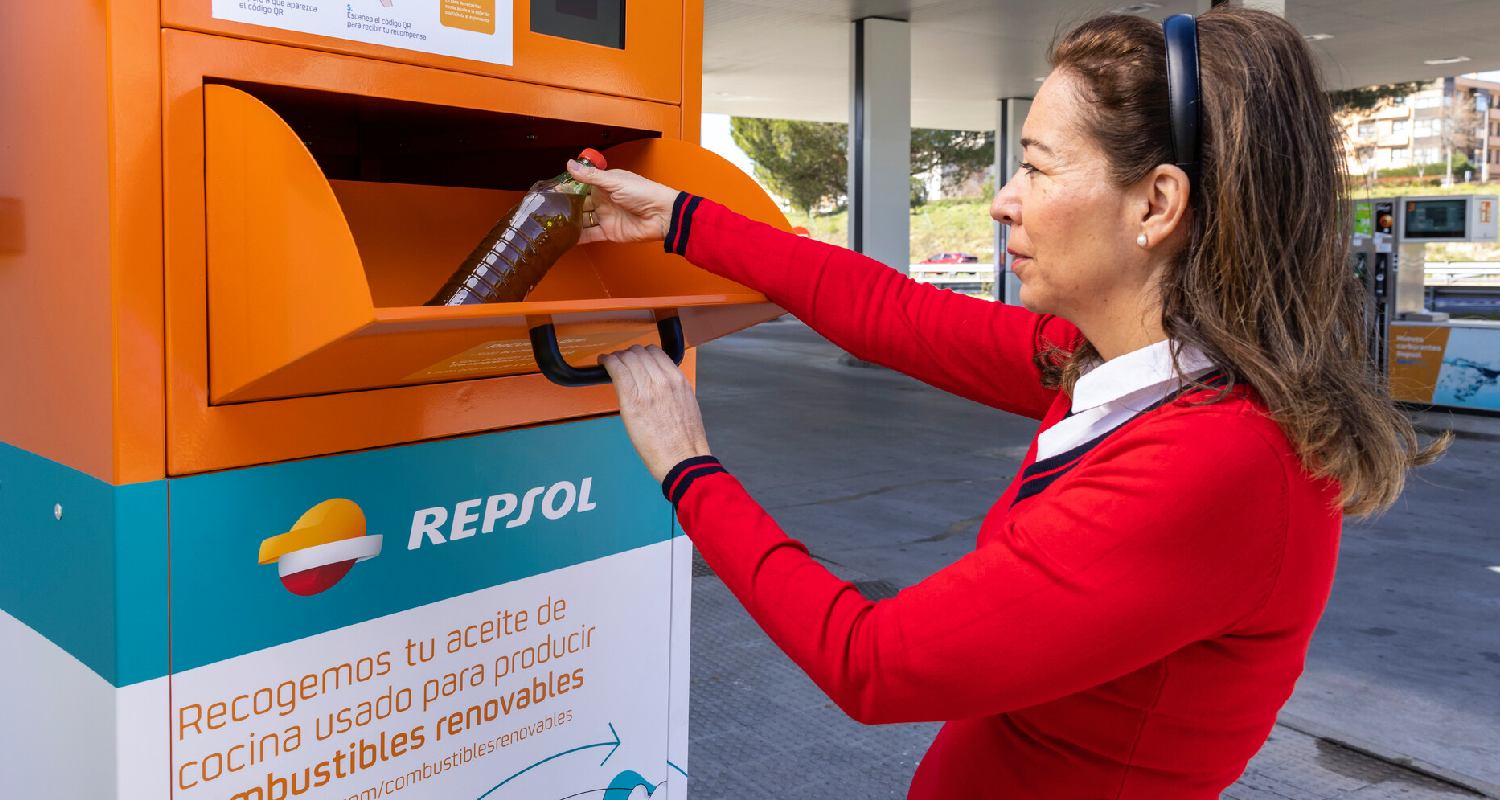Main benefits
Main benefits
Main benefits
A real alternative for mobility
A real alternative for mobility
The use of this fuel can reduce net CO2 emissions by up to 90% compared to mineral fuel.
Compatible with existing vehicles and infrastructure
Compatible with existing vehicles and infrastructure
Suitable for current vehicles with combustion engines and available at service stations.
Alternative for all transport sectors
Alternative for all transport sectors
Its use is key in sectors that are difficult to electrify, such as aviation, maritime, and heavy road transport.
Promote the circular economy
Promote the circular economy
Organic waste is used for its production, giving it a second life.
Foster industrial development
Foster industrial development
Its manufacture drives industrial growth and the creation of new quality jobs.
Boost energy independence
Boost energy independence
The raw materials used in its manufacture are locally sourced.








